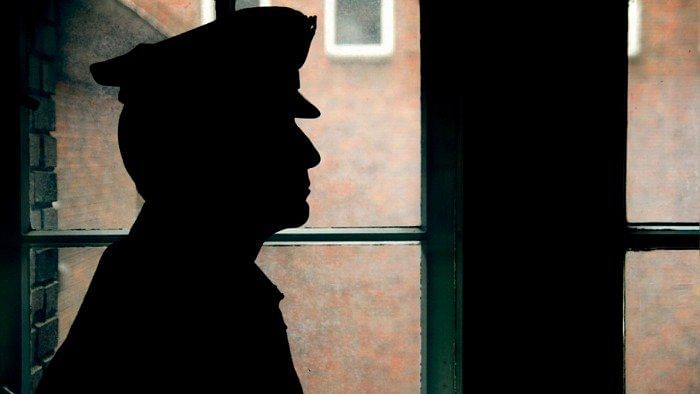
Gujarat cadre IPS officer Satish Chandra Verma, better known for leading the CBI investigation into Ishrat Jahan encounter case, has been dismissed from service barely a month before his retirement. His superannuation is on September 30.
The government passed an order on August 30 dismissing him from service on various grounds related to departmental proceedings. One of the grounds of dismissal is said to be "talking to the media which dented the country's international relations." Despite repeated attempts, Verma didn't respond for comments while state government officials refused to comment too.
The order of dismissal was placed before Delhi high court where Verma had challenged several disciplinary actions against him. The union government moved an application seeking implementation of the dismissal order from September 1. For nearly a year, Verma was protected by the high court that directed the government that its disciplinary proceedings "would not take precipitative steps."
The union made a statement that proceedings were concluded and the court permitted to pass a final order whose implementation wouldn't attain finality until court's order. On September 7, the high court allowed the central government to implement the dismissal order but also directed that "it shall not be till 19.09.2022, to enable the petitioner to avail of his remedies in accordance with law against the order of dismissal." Verma, sources said, has challenged the order in the Supreme Court.
Ever since he became part of Ishrat Jahan probe team- first as a member of Gujarat high court appointed-Special Investigation Team (SIT) and then leading CBI investigation on court's order- Verma has had several run-ins with the state government, then headed by chief minister Narendra Modi, now the prime minister.
Since his involvement in the Ishrat Jahan investigation case, which couldn't see the trial despite a CBI chargesheet claiming it was a fake encounter, in 2010-2011, the state government had refused Verma promotions on the grounds of departmental cases.
Verma was instrumental in the arrest of ex-IPS officers including former Director General of Police, PP Pandey, D G Vanzara, IGP GL Singhal, retired superintendent of police N K Amin, ex-Deputy Superintendent of Police Tarun Barot, among others.
Verma's investigation with CBI established that 19 years old Ishrat Jahan, her friend Javed Sheikh alias Pranesh Pillai and two Pakistani nationals were killed in a staged encounter on the outskirts of Ahmedabad. Eight policemen were chargesheeted but the case couldn't see trial as most of the accused were discharged on the ground that the CBI didn't get permission to prosecute them. CBI sought Gujarat government's sanction for prosecution which was denied on the ground of "larger interest." The central agency hasn't challenged these orders.
The 1986-batch officer is still serving as Inspector General of Police (IGP) while his juniors of 1987 and other batches are serving as Director General of Police rank officers. Originally from Bihar, Verma is a graduate from IIT-Delhi and studied postgraduate programme in business administration, the flagship programme of Indian Institute of Management, Ahmedabad.
In 2014, Verma had said in a petition against his abrupt transfer to North East on central deputation that his investigation into the Ishrat case was the reason why “he was being consequently antagonised since 2010-11”.
During his deputation to Chief Vigilance Officer of the North Eastern Electric Power Corporation (NEEPCO), he reported a large scale irregularities in a hydro power project in Arunachal Pradesh and named then MoS (home) Kiren Rijiju, currently the union law minister, his relatives and officers of the department.
Subsequently, Verma was transferred to the Central Reserve Police Force (CRPF) in Tripura as IGP and from here, to his current posting in Coimbatore in Tami Nadu. Meanwhile, the state and central governments have denied him permission to travel abroad, ordered to evict his official residence in Ahmedabad despite the entitlement of having two official residences for officers posted in North Eastern states.